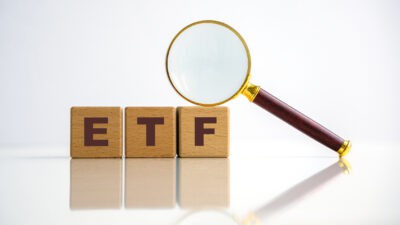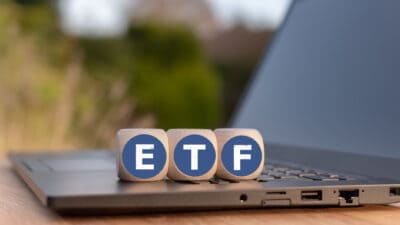Investors have been warned that possessing shares in exchange-traded funds (ETFs) is treated differently to owning "normal" shares in a company.
ETFs have become very popular in Australia and around the world as a way mum-and-dad investors can hold a diversified portfolio without making the stock picking decisions themselves.
CPA Australia tax policy adviser Elinor Kasapidis told The Motley Fool that holding ETF shares might feel the same as company shares, but the tax office won't see it that way.
"This is because ETFs are treated like trusts — not companies — for tax purposes and there are specific rules that apply."
The income received from an ETF is not a straight-forward dividend, according to Kasapidis.
"Because the underlying portfolio of the ETF is actively managed, the income received from ETF investments is made up of items such as distributions, capital gains, franking credits and foreign tax credits from Australian and overseas investments," she said.
"This can increase the complexity of your tax return."
UNSW associate professor Dale Boccabella said that the underlying investments are purchased on behalf of the eventual investor, which complicates the tax implications.
"The investor, under trust law, is the beneficiary. The short answer is that it's a managed fund. Even if [the management of the ETF] is all automated, it doesn't change anything."
AMIT might help though
There is some relief in that back in 2016, a tax regime called Attribution Managed Investment Trust (AMIT) came into place.
This streamlined the taxation of distributions to trust investors.
ETFs that participate in AMIT will calculate the numbers on your behalf for you to plug into your tax return.
"Investors will receive a member annual statement which provides a breakdown of their income from the ETF for tax purposes," said Kasapidis.
But it is optional for each trust and ETF to participate in the regime. So specific advice must be sought for the particular funds you're invested in.
If your ETF doesn't do AMIT, investors will have to go through the "present entitlement" model on their tax return.
"The very old trust [tax] regime is a pain in the neck," said Boccabella.
"There's no other way to put it."








